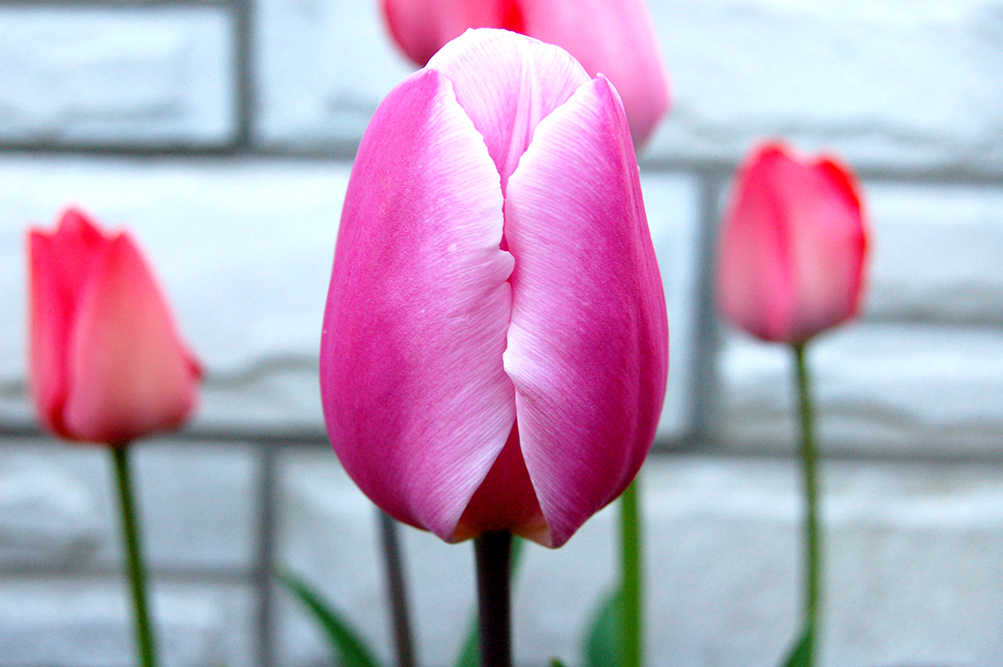We have been waiting months for the grass to reappear, the flowers to bloom and the trees to bud. It’s been so long for some of us in Canada, we may have forgotten some of the less pleasant companions to the warmer weather and sunshine.
Allergy season is upon us and for seniors with complicating factors such as chronic diseases, allergies can pose a greater risk. Allergies in seniors, especially those with cardiovascular problems, can a have a greater effect on overall health. If a senior or caregiver notices what appear to be the symptom of seasonal allergies, it should be mentioned to the doctor. Typical symptoms of seasonal allergies include sneezing, runny nose and itchy eyes.
Antihistamines, often used to treat allergies, are fine on occasion but have been found to be slightly addictive and long-term use may affect mental cognition, especially in the elderly. They can also have other side effects including mood or behavior changes and may have dangerous interactions with other commonly prescribed medications. A doctor may instead prescribe nasal steroids or another topical medication.
If you or someone you care for suffers from allergies, there are some precautions to take during the allergy season.
- Avoid outdoor exposure during peak times (early morning between 5 and 10 a.m.)
- Keep windows closed to prevent pollen from blowing inside.
- After being outside, shower and wash clothes, especially before bed.
- Dry laundry inside, not outside where it can trap pollen or mould.
- Keep a clean house and change air filters regularly.






Add Your Voice
0 Comments
Join the Discussion